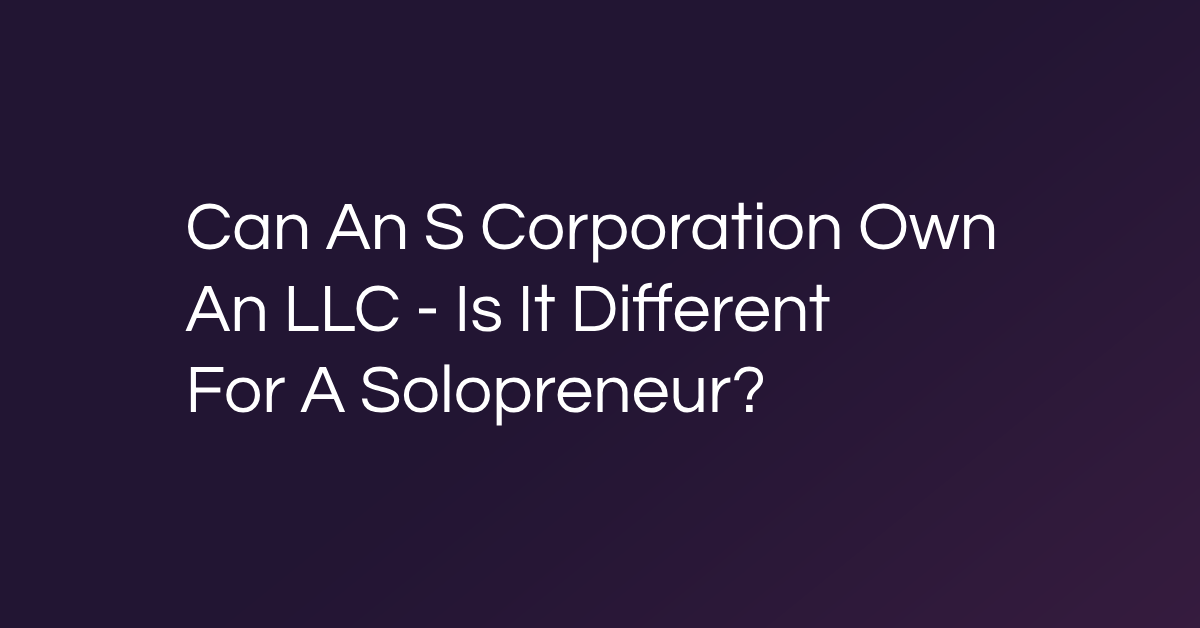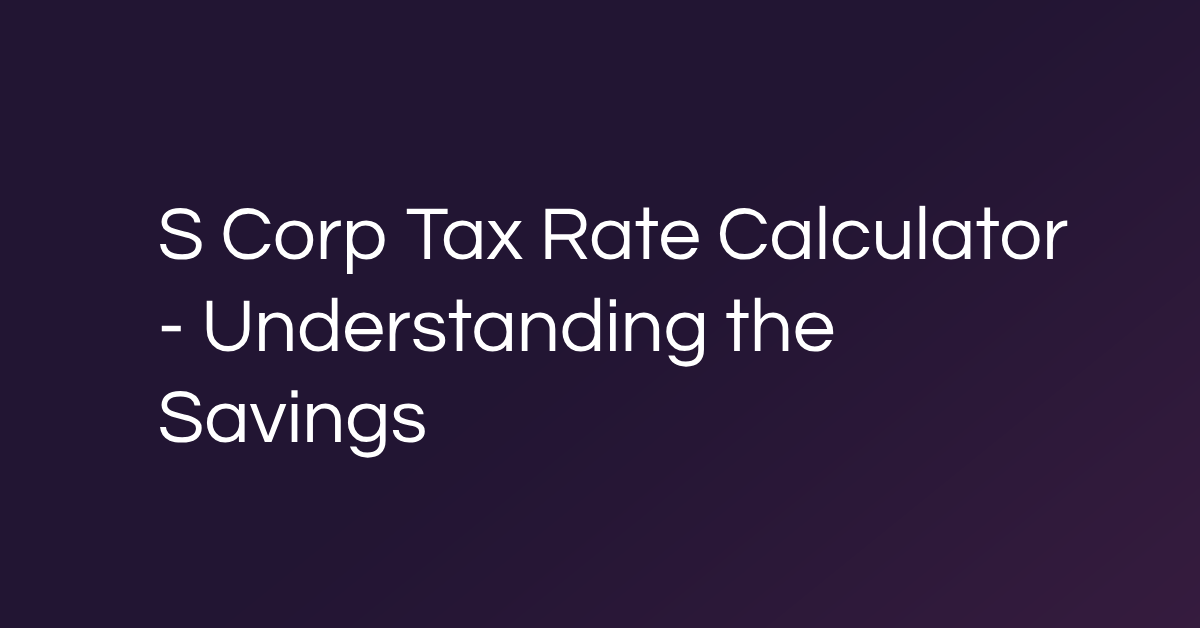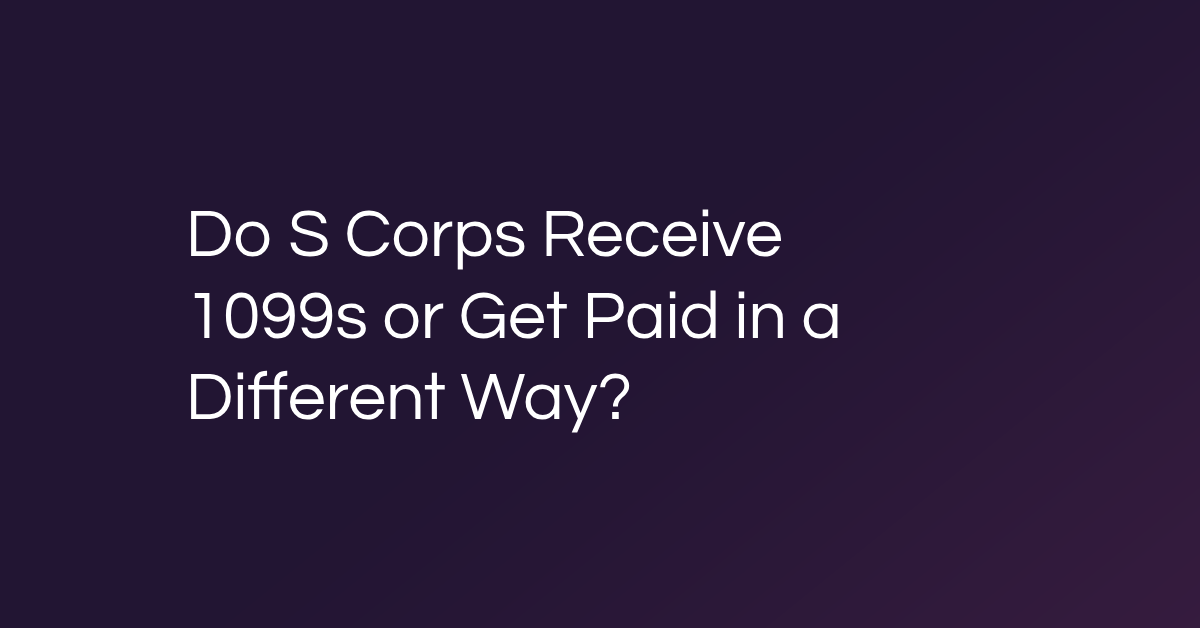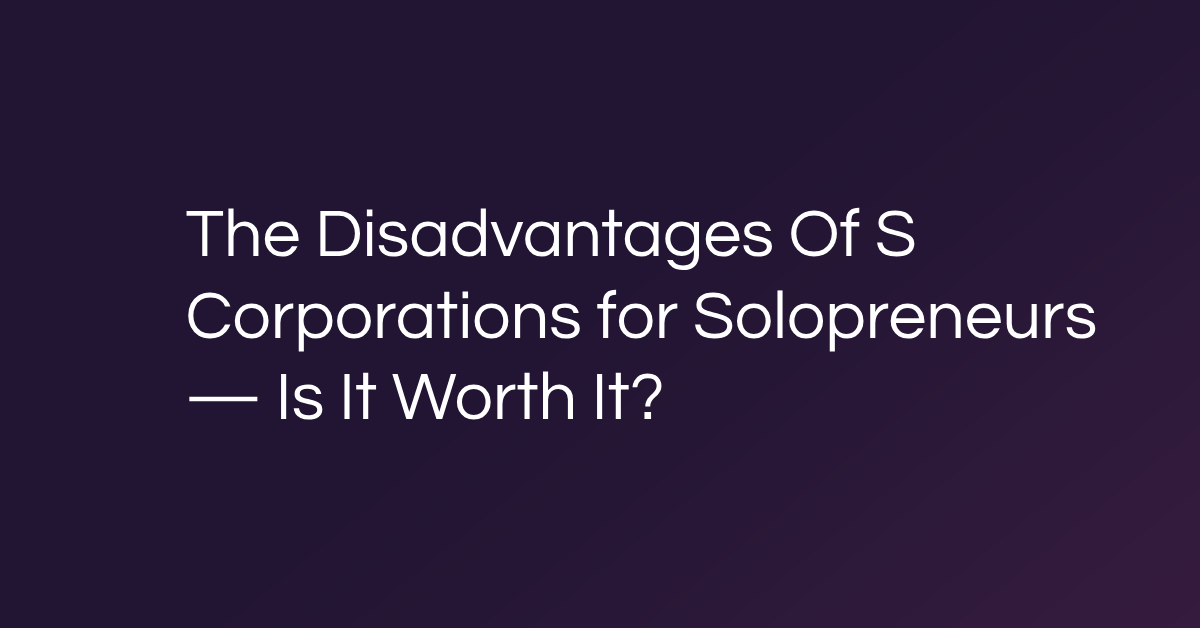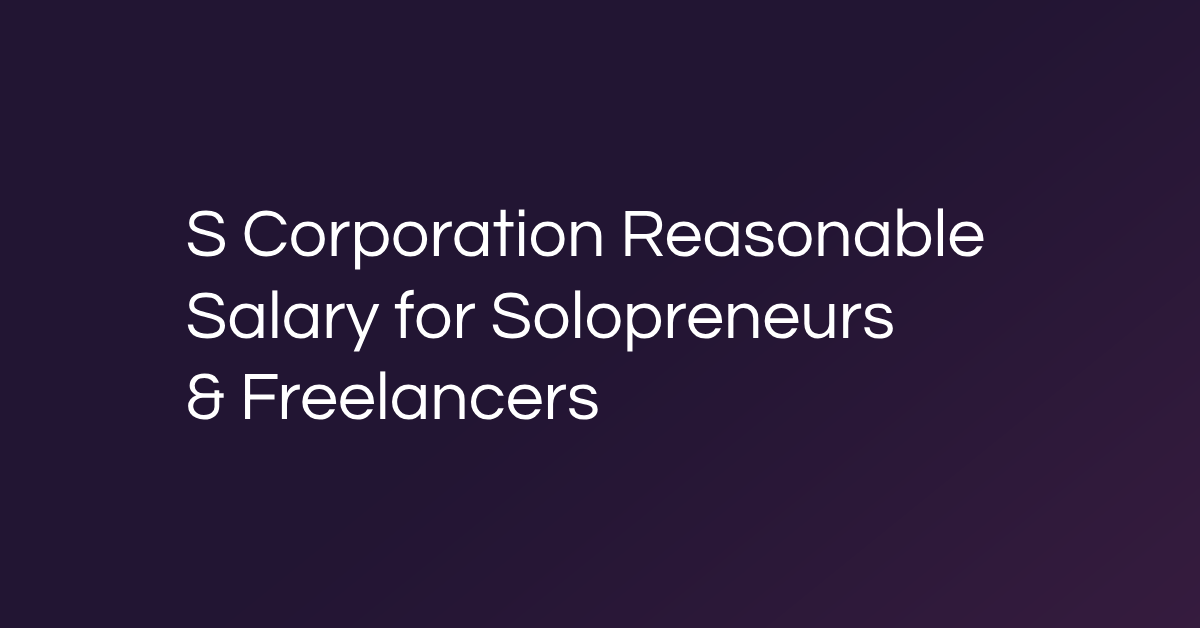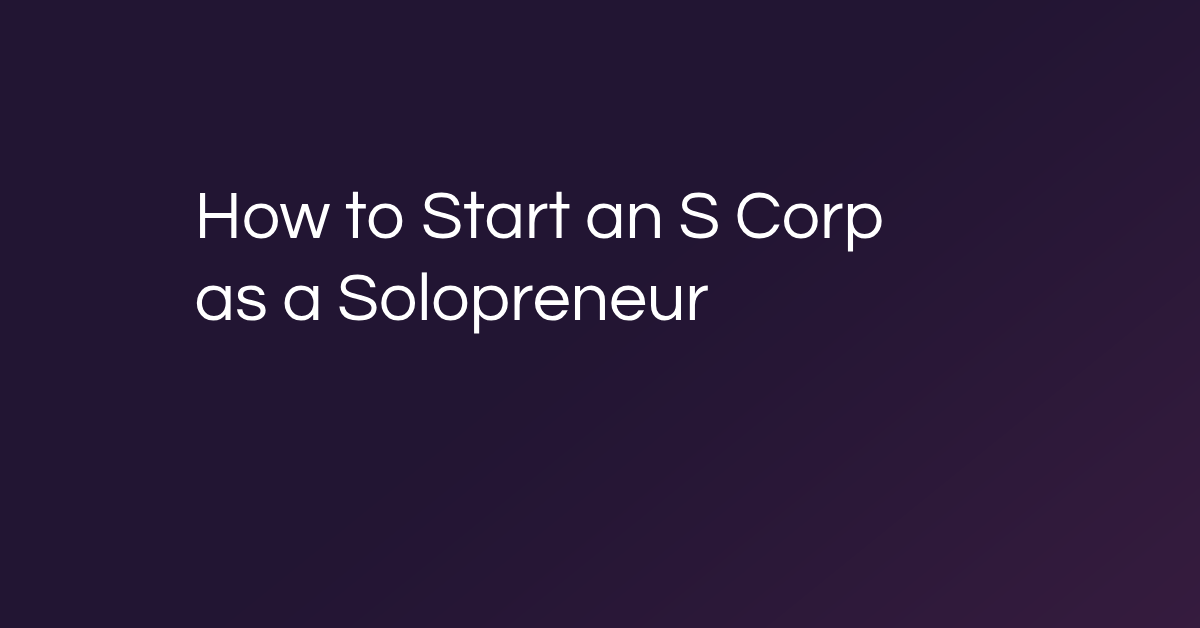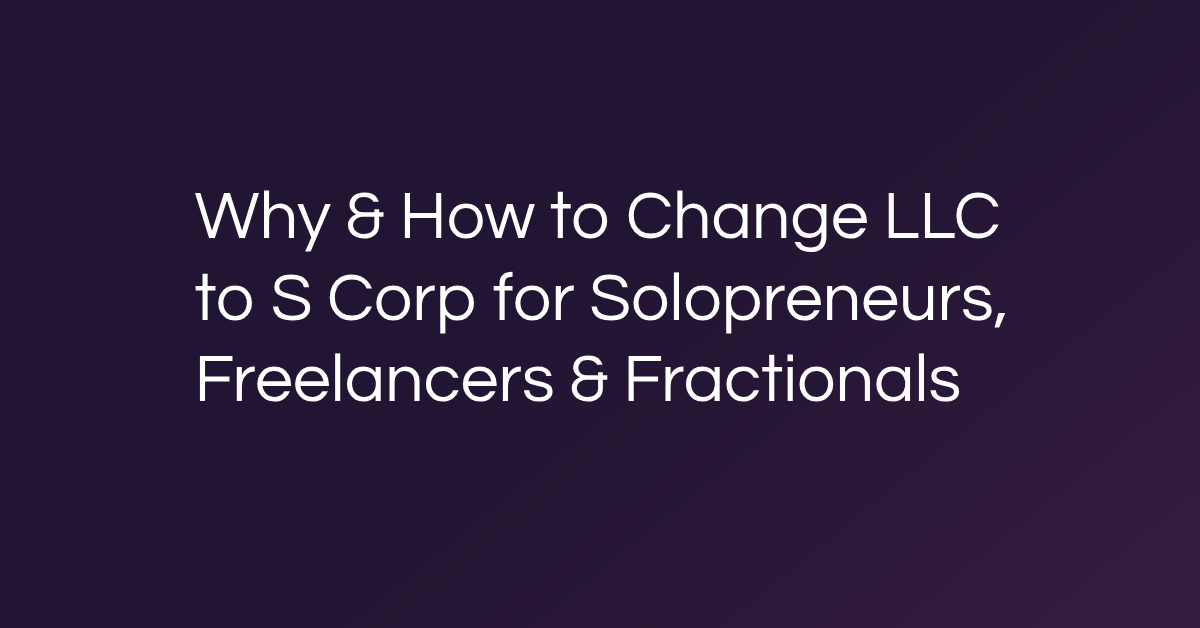For many aspiring solopreneurs, running a business represents freedom — the ability to set your schedule, choose clients, and take control of your financial future. A sole proprietorship provides a simple way to start, making it a popular choice for freelancers and consultants transitioning out of traditional W2 employment into self-employment.
This business structure requires minimal setup, allowing you to launch quickly without extensive paperwork. However, it comes with risks, including personal liability and limited funding opportunities.
What is a sole proprietorship?
Legally, a sole proprietorship is the simplest form of business ownership, where an individual operates a business without forming a separate legal entity. This allows you to maintain complete control over all:
- Decisions
- Profits
- Operations
However, it also means that all financial obligations — such as debts and legal liabilities — are the direct responsibility of the business owner.
Sole proprietorships are common among freelancers, consultants, and small business owners because they are easy to set up and have minimal regulatory requirements. Unlike S corporations or LLCs, they do not require formal registration beyond securing any necessary business licenses or permits. Because the business and the owner are legally the same, business income is reported on the owner’s tax return.
While a sole proprietorship provides a quick path to starting a business, many business owners transition to an LLC for stronger liability protection and long-term financial benefits.
Characteristics of a sole proprietorship
A sole proprietorship is defined by its simplicity, direct control, and personal liability. Unlike corporations or LLCs, this structure does not create a separate legal entity, meaning the owner is personally responsible for all financial and legal obligations. This level of control allows business owners to make decisions independently without formal agreements or corporate governance.
The key characteristics of a sole proprietorship make it an attractive option for freelancers and consultants:
- Fewer regulations
- No need to file formation documents with the state
- Income is reported on the owner’s personal tax return
This straightforward approach reduces administrative overhead, making it ideal for individuals testing self-employment before committing to a more structured entity.
However, since personal and business assets are the same, sole proprietors are entirely liable for debts and legal claims. Many entrepreneurs eventually transition to an LLC for added security and financial flexibility.
Advantages and disadvantages of a sole proprietorship
A sole proprietorship is an appealing option for new entrepreneurs due to its straightforward setup and operational flexibility. Business owners have full control, making all decisions without the need for partners or shareholders. Additionally, since there is no separate legal entity, income is reported directly on personal tax returns, simplifying the tax process.
However, this structure comes with drawbacks. Sole proprietors are personally liable for business debts and legal claims, which can put personal assets at risk. Additionally, securing funding can be challenging, as banks and investors often prefer structured business entities. Growth potential is also limited since business credibility and scalability are lower than LLCs.
Exploring the benefits of S Corps and LLCs can help entrepreneurs find a structure that aligns with their financial and operational goals.
For most business owners, forming an LLC provides stronger financial protection and greater flexibility while maintaining many of the same tax benefits. Those looking for long-term stability often find that transitioning to an LLC is the best option.
Is a sole proprietorship suitable for me?
For those considering sole proprietorship, reviewing key considerations when forming this business structure can provide additional insights.
A sole proprietorship can be a good fit for freelancers, consultants, and small business owners who want full control over operations and minimal regulatory requirements. It’s often the first step for individuals exploring self-employment because it requires little paperwork and offers straightforward tax filing. However, it lacks legal separation between personal and business assets.
Before committing, entrepreneurs should assess their long-term goals and risk tolerance. If a business carries potential legal liability or seeks expansion, an LLC is often a more secure option due to its asset protection and tax benefits.
Steps to establishing a sole proprietorship
Starting a sole proprietorship is straightforward, but proper steps and registration ensure compliance with state and federal regulations.
- Choose a business name: If you operate under a name other than your legal name, you may need to register a DBA (Doing Business As).
- Register with local and state agencies: Business licenses and permits vary by industry and location. Review federal registration requirements to determine necessary filings.
- Obtain an EIN: While not required for sole proprietors without employees, an EIN (Employer Identification Number) can simplify tax filing and banking. The IRS provides guidance on how sole proprietors handle taxes.
- Open a business bank account: Keeping personal and business finances separate simplifies tax preparation and expense tracking.
- Understand tax responsibilities: Sole proprietors report earnings on personal tax returns and may owe self-employment taxes. Proper financial planning helps avoid unexpected liabilities.
Sole proprietorships provide a quick launch option, but businesses planning to scale often need more legal safeguards and financial options. Besolo simplifies the transition to an LLC, handling paperwork and compliance so entrepreneurs can focus on scaling their businesses confidently.
Build your business with the right tools
Starting a business is an exciting step toward independence and financial growth. Whether you’re launching as a sole proprietor or looking to transition to an LLC or S Corp, choosing the right structure sets the foundation for long-term success.
Besolo offers an all-in-one platform for independent professionals to maximize their tax savings, streamline operations, and access comprehensive benefits. From managing compliance to optimizing tax structures, Besolo simplifies the process for sole proprietors, LLCs, and S Corps, helping you focus on growing your business.
No matter where you are in your business journey — whether launching a sole proprietorship, forming an LLC, or considering an S Corp — Besolo provides the tools to simplify compliance, tax optimization, and business management. Become a member today and take the stress out of structuring your business for long-term success.


